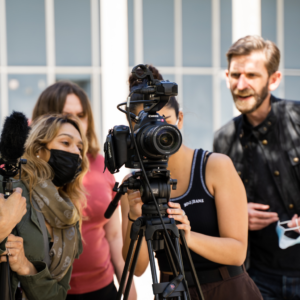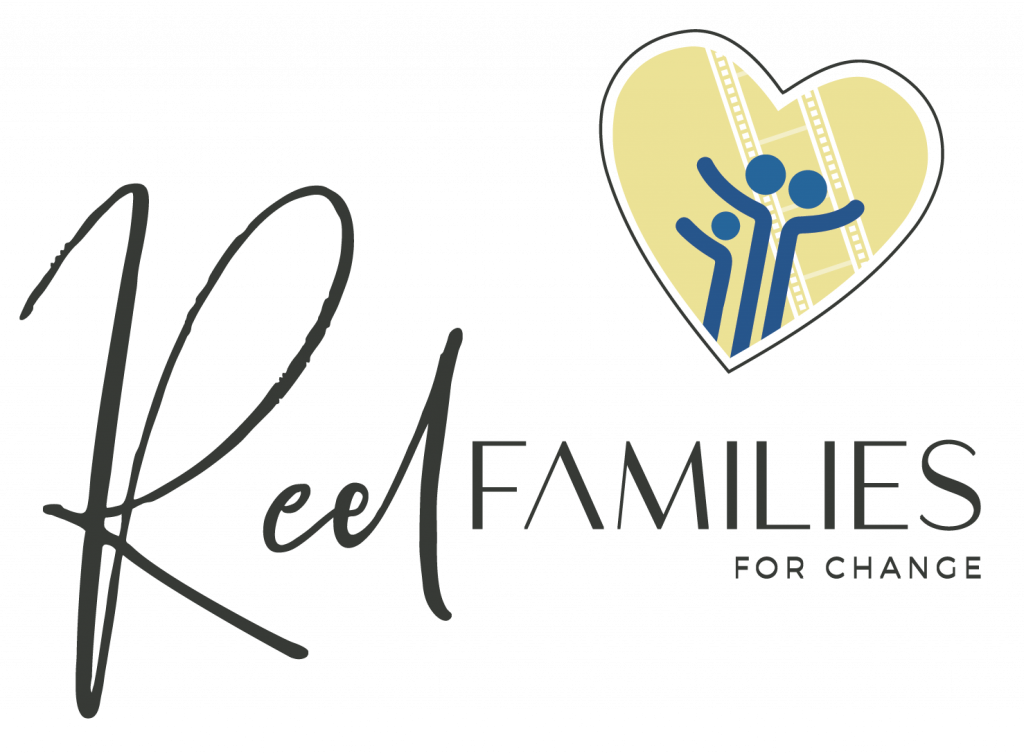Advancing workplace protectons
for screenworkers
Written by Sarah Lutot
In the fast-paced and ever-evolving world of the screen industry, which spans the narrative, nonfiction, and commercial spaces, countless talented individuals come together to create the captivating films, television shows, and digital content we enjoy. This vast industry encompasses a range of professionals, including writers, directors, producers, actors, cinematographers, editors, and many more. Their collective efforts result in the creation of compelling stories that entertain, educate, and inspire audiences worldwide. From the early stages of script development to the final stages of post-production, the screen industry is a complex ecosystem of creativity, collaboration, and innovation.
However, behind the scenes, the screen industry faces its share of challenges. Despite the immense cultural impact and economic value it generates, the contributions of screenworkers are often undervalued and underappreciated.
One example of such devaluation is the current Hollywood Writers Strike. On Tuesday, May 2, 2023, the Writers Guild of America (WGA), which represents more than 11,000 writers, called for its film and television members to strike in response to stalled contract negotiations with the Alliance of Motion Picture and Television Producers (AMPTP).
Besides depicting a lack of understanding among leadership about these workers’ contributions, the Strike also stands as a powerful example of screenworkers’ determination to be acknowledged for their vital contributions. Indeed, as writers withhold their creative output, their absence becomes a poignant demonstration of their indispensability within the industry.

However, despite their undeniable importance, there persists a prevailing perception that creativity is only legitimate when it is associated with genius. This myth not only excludes many talented individuals from recognition but also undermines the notion that screen work is a legitimate profession deserving of workplace protections. These misconceptions can have a profound impact on the well-being of screenworkers, hindering their access to essential support and impeding efforts to establish robust workplace protections.
Unfortunately, due to the lack of acknowledgement of screen work as legitimate labor there is also a subsequent disregard for the spaces we occupy to be seen as workplaces. As a result, workplace protections are often deemed unnecessary. We have to acknowledge that screen industry workplaces should look like a place where every worker has the opportunity to thrive. That means providing screenworkers with workplace protections that are missing from their care.

Traditional workplace protections include health and safety laws, working time regulations, anti-discrimination laws, and healthcare benefits. These protections came to be thanks to unions, as they have historically played a vital role in championing workers’ rights. Without the collective bargaining power of unions and their dedicated advocacy, traditional workplace protections would likely not exist.
Workplace protections go beyond the conventional understanding of the 9-5. Screen industry jobs include a variety of working arrangements that necessitate tailored workplace protections. These tailored alterations should be made with the same care that arts workers put into their production of entertainment for everyone’s consumption.
At Reel Families for Change (RFC), we’re working diligently to challenge these misconceptions and advocate for the rights and well-being of screenworkers. We recognize that the screen industry is not just a hobby or pastime but a legitimate profession that deserves proper recognition and appreciation.
Our intentionally designed, community-informed programs and initiatives aim to shift the perception of arts as real work and ensure that screenworkers receive the workplace protections and benefits they deserve. Beyond shifting perceptions, however, we understand the importance of also increasing support and protection.
Equitable opportunity to thrive is key to workplace protections for all workers. Just as the variety of working arrangements necessitates tailored protections, the support of marginalized populations in the screen industry necessitates tailored protections. Time sensibility, care equity, and accessibility are deserved workplace protections for all arts workers.

This baseline dignity and respect leads to adequate workplace protections. Without protections, any increase in the number of arts workers is only an increase in harm done. It’s time to make the industry space itself safe for arts workers. Creativity and art are deserving of genuine support and recognition.
for screen professionals. Make a tax-deductible contribution today. Working on something and want to be sure you’re supporting your workers? Interested in helping us change the narrative? Reach out and let’s see how we can work together.





